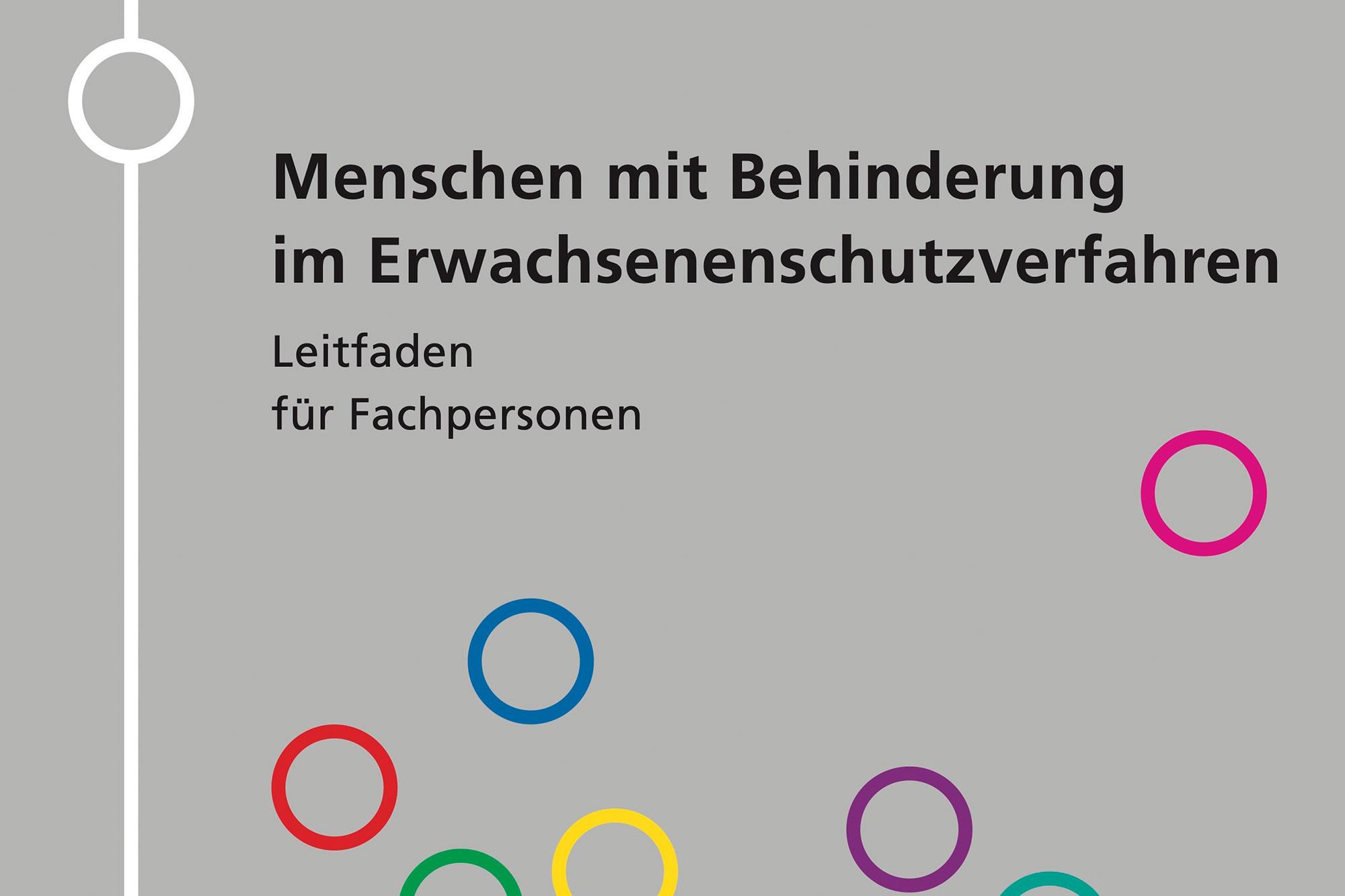New guides for better communication in adult protection

Two new guides support the people affected and professionals in preparing for discussions with CAPA. They help overcome communication barriers and improve inclusion for those affected.
People with disabilities frequently face major challenges when endeavouring to exercise their rights in the adult protection process. As part of the NRP 76 project "Communicative practices in the establishment of guardian- or deputyship", a team of researchers led by Prof. Gabriela Antener investigated how communication by the authorities has changed over time. They also highlighted areas for improvement.
To help the people affected and professionals prepare more effectively for discussions, the researchers developed two guides: The first was developed to support professionals who are leading a process involving people with a disability and to make the professionals aware of the specific communication needs of such people. The second is intended for people with a disability and helps them and the people accompanying them (e.g. family members) prepare for discussions with CAPA, the Child and Adult Protection Authority. The guide for people with a disability and the people accompanying them has been written in simple language. Both were prepared in partnership with representatives of the target groups and can be downloaded free of charge.
- Guardianship procedures for adults – a guide for people with disabilities and their companions: Download and mobile reading (accessible version) (16 pages, German)
- People with disabilities in adult protection proceedings – a guide for professionals (24 pages, German)
- Video: Authorities in communication with people with disabilities (in German: Behörden in der Kommunikation mit Menschen mit Behinderung)
- Video: Authorities in communication with people with disabilities (in French: Communication des autorités avec les personnes en situation de handicap)
- Web page of the project “Communicative practices in the establishment of guardian- or deputyship”
